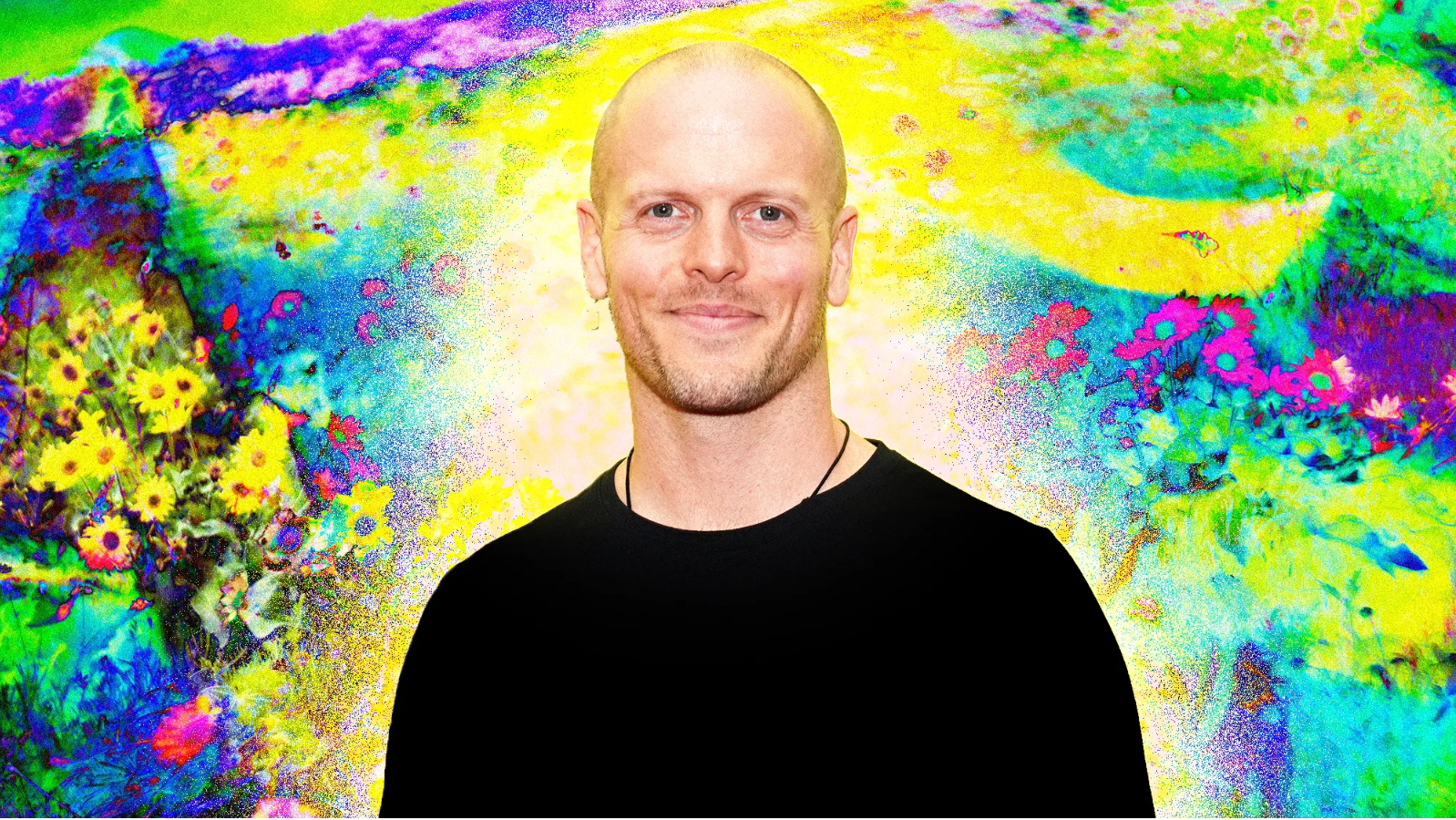Aside from that, we bring you some eerie predictions made by Steven Pinker and Martin Rees, a possible new hominid species, fresh Mars footage, and some altruism inspiration.
Warm regards,
Suzi
DAWKINS: "SCIENTISM" IS A DIRTY WORD

What is scientism? According to Dawko it’s a “dirty word used by people who are critical of scientists”, but the general definition is when science moves from a mode of inquiry into a source of authority that can’t be questioned.
Dawko obviously isn’t a fan of the word and admits that he has been accused of it himself. He stands by his belief that we should trust the authority of the scientific establishment, but there’s no doubt that lately even scientists are starting to question whether has been corrupted by outside influences.
From our previous emails, you’ll see we’ve discussed Jamie Metzl and Bret Weinstein, and their work on uncovering the lab-leak hypothesis. Bret only last week spoke with an ICU lung specialist whose work on ivermectin, which appears to be highly effective in the treatment of COVID, is being wiped off social media.
According to Bret and Dr. Pierre Koury, this could be due to the fact that ivermectin isn’t patented, and therefore doesn’t generate massive profits for the pharmaceutical companies who speak directly with governments.
What do you think? Is “trust the science” as true as ever, or should we be wary of scientism?
→ Click here to learn more.
AN EERIE PROPHECY OF COVID-19

Cognitive scientist Steven Pinker, and astrophysicist, Martin Rees have co-written a fascinating article for New Statesman. It’s all about how in 2002, Martin made a bet on the Long Bets website, wagering that “bioterror or bioerror will lead to one million casualties in a single event within a six-month period starting no later than 31 December 2020.” A little eerie considering the current circumstances, right?
For Pinker, who is known for his work showing how much the world has improved on almost every level over the years, this was a bit of a pessimistic take. Pinker bet that this wouldn’t happen, saying that the idea of an evil genius wreaking havoc through biotech, or some other man-made misfortune was extremely rare.
Of course, Rees wanted to lose the bet, and Pinker wanted to win, but unfortunately, they’ve decided to postpone the decision until the scientific evidence on the origins of COVID-19 becomes clearer. Both admit, however, that this may never be the case and that they may never be able to settle the bet.
Despite their differences, both agree that the world was underprepared for COVID-19, and that we need to prepare for the intellectual, moral and practical challenges posed by burgeoning biotech. They both call for well-crafted policies that recognise the equally positive and negative potential that biotech has on human safety.
What do you think? Are we too laissez-faire about the risks involved in biotech research? Or was COVID an unforeseen disaster that couldn’t have been avoided?
THE PERFECT TIME FOR GIVING

We Australians have end of financial year sales upon us, and the promise of tax returns may tempt us to finally buy all those things we’ve had sitting in our shopping basket.
Nonetheless, it’s a good time to pause and think about how just a little of that money could go a long way in helping the lives of others.
As you already know, one of the biggest influencers in the effective altruism movement is Peter Singer, and he’s received a nice little write-up in Tuesday’s edition of The Guardian Australia.
Peter says that if COVID has taught us anything, it’s that we are all in this together; and now that Sydneysiders are back in lockdown and feeling a bit blue – giving back is a sure-fire way to feel better.
Have a look at The Life You Can Save’s Australian website, which lists 20 charities working to alleviate extreme poverty. Every charity has been assessed as being effective and providing good value for donors.
Also, we are looking for volunteers for our Peter Singer tour! If you’re a fan of Peter this is the perfect opportunity to see the show and meet this incredible man in person. Please shoot us an email at info@thinkinc.org.au and we’ll get in touch.
IS DRAGON MAN A NEW SPECIES?

The team has claimed it is our closest evolutionary relative among known species of ancient human, such as Neanderthals and Homo erectus.
The fossilized skull was first found in the 1930s, but the man who found it hid it in a well – only revealing its location on his deathbed.
In 2018 it was unearthed and has only just been analysed for the first time. The scientists have named it homo longi. No, that doesn’t mean long man! It comes from the Chinese word for “dragon”, so people are now referring to him as “dragon man”.
Other scientists believe that Dragon Man is in fact a Denisovian, a population of early humans who lived in Asia. While not everyone agrees, the Chinese researchers maintain that this fossil represents the gradual evolution of a new species.
One of the researchers said that: “The results will spark a lot of debate and I am quite sure that a lot of people will disagree with us… But that is science and it is because we disagree that science progresses.” What a powerful quote → Click here to learn more.
VIDEO OF THE WEEK

The pictures and videos were taken by a wireless camera that the robot had placed on the ground. Possibly the most exciting part is when we see the rover’s parachute go off before touching down on the Mars surface.
Some of the videos even include sound, allowing us to hear the robot’s locomotion system in action! Due to Mars’ atmosphere, we don’t hear noises quite the same so they seem somewhat muffled.
→ Click here for more info.



Leave a comment
This site is protected by hCaptcha and the hCaptcha Privacy Policy and Terms of Service apply.